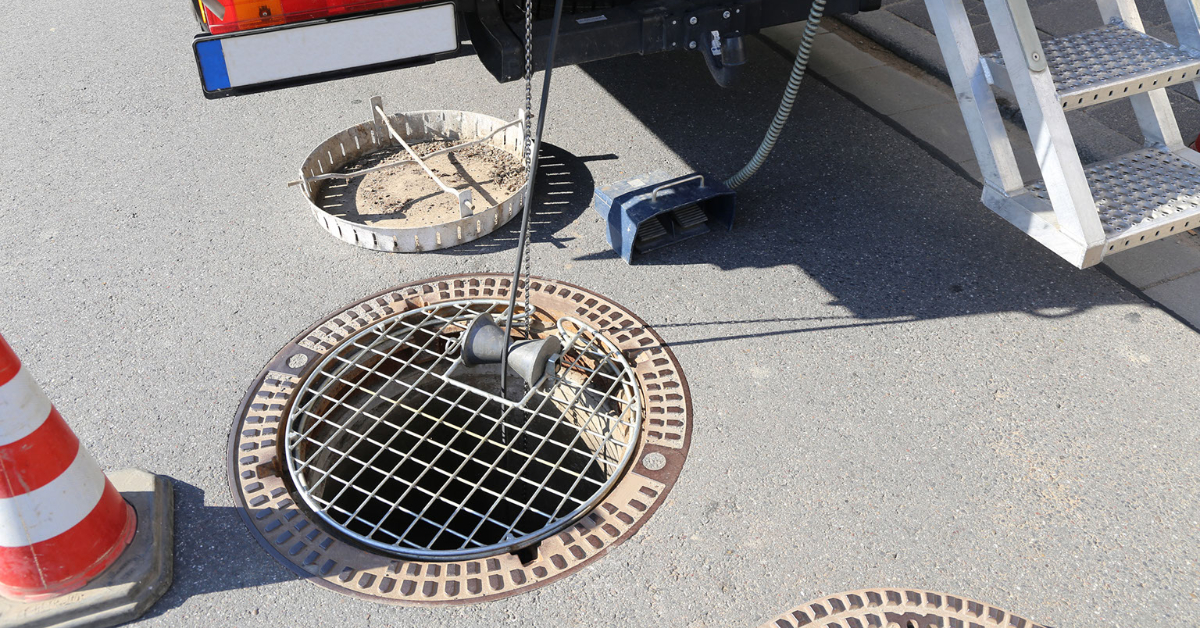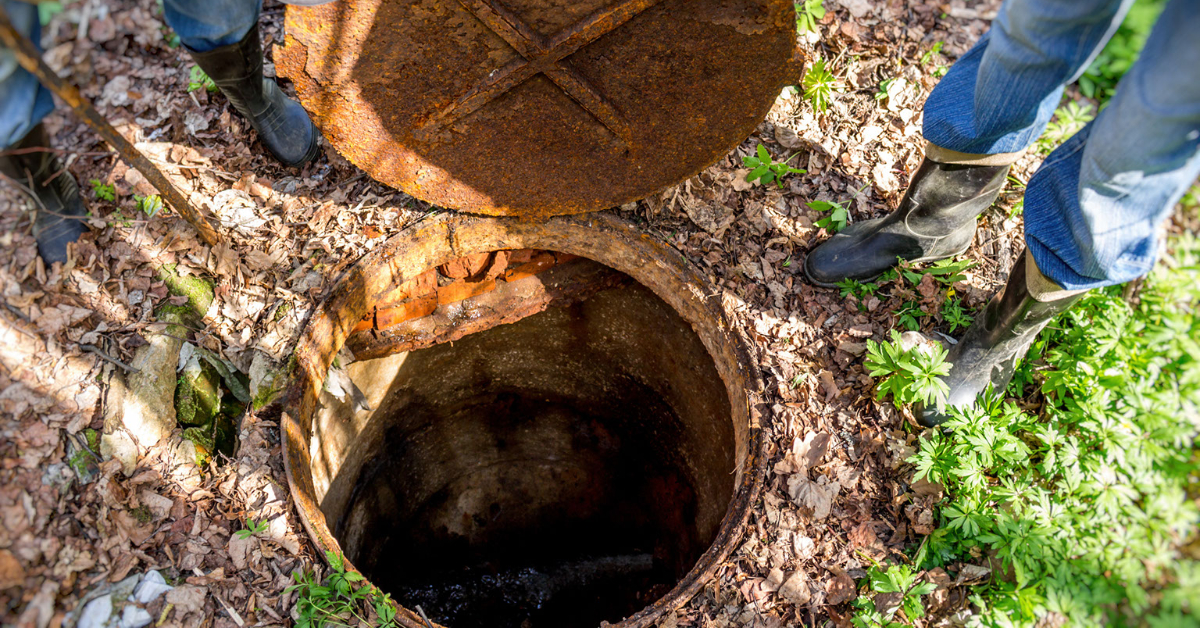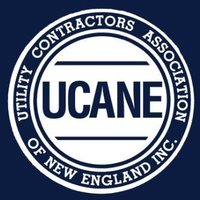
Connecticut is home to some of the most beautiful college campuses in the United States, with pristine lawns, towering trees, and elegant architecture. However, what many people don’t see is the hard work that goes into maintaining these campuses, especially when it comes to managing storm water runoff. One crucial aspect of storm water management is catch basin cleaning, and Connecticut colleges have dedicated crews that work tirelessly to keep their campus catch basins clean.
A catch basin, also known as a storm drain or a sewer inlet, is a critical component of a storm water management system. It is a structure that collects and stores rainwater runoff from roads, parking lots, and other impervious surfaces. Catch basins prevent flooding by directing water away from the surface and into an underground drainage system. However, catch basins can become clogged over time with debris, such as leaves, sticks, and trash, which can lead to flooding and other storm water-related problems.
Connecticut colleges should take storm water management seriously, and catch basin cleaning is an essential part of their storm water management program. The catch basin cleaning crew is responsible for inspecting, cleaning, and maintaining catch basins on campus. The crew typically consists of trained professionals who use specialized equipment to clean catch basins thoroughly.
The first step in catch basin cleaning is inspection. The crew inspects each catch basin to identify any signs of damage, such as cracks or leaks. They also check the depth of the catch basin to determine the amount of sediment that has accumulated over time. Sediment can reduce the capacity of the catch basin, making it less effective in managing storm water runoff.
Once the crew has completed the inspection, they use specialized equipment to clean the catch basin. The equipment typically consists of a vacuum truck and high-pressure water jet. The vacuum truck is used to remove debris from the catch basin, while the high-pressure water jet is used to wash away any remaining sediment.
The crew also takes steps to prevent future catch basin clogs. They remove any vegetation or debris that may be growing around the catch basin, which can obstruct water flow. They also make sure that the surrounding area is free from trash and other debris that could end up in the catch basin.
Connecticut colleges should not just be concerned with keeping their campus catch basins clean for aesthetic reasons; there are real environmental and safety benefits. By maintaining clean catch basins, colleges can reduce the risk of flooding and minimize the amount of pollutants that enter local waterways. Storm water runoff can carry pollutants such as oil, sediment, and fertilizer, which can harm aquatic life and degrade water quality.
In conclusion, Connecticut colleges take their storm water management responsibilities seriously, and catch basin cleaning is an essential part of their program. The catch basin cleaning crew is responsible for inspecting, cleaning, and maintaining catch basins on campus to prevent flooding and minimize the amount of pollutants that enter local waterways. By doing so, they not only help protect the environment but also ensure that their beautiful campuses remain safe and functional for generations to come.
If you have any questions about our catch basin cleaning services for Connecticut Colleges, or would like to schedule an appointment we are happy to help. Please contact us today! Jolin Paving & Excavating, Inc. is your New England connection for a vast variety of environmentally related services. Our company has been serving Boston Massachusetts, Southern NH, VT & ME as well as Northern CT & RI since 1952. Please Contact us to learn more today.
Environmental related issues occur all of the time, and can strike at any time. That is exactly why you need to have a local and reliable environmental services company at the helm and ready to go whenever you actually need them.
Jolin Paving & Excavating, Inc. is a fully licensed and bonded utility contractor that has the ability to pull the proper permits in municipalities across New England.
continue reading






